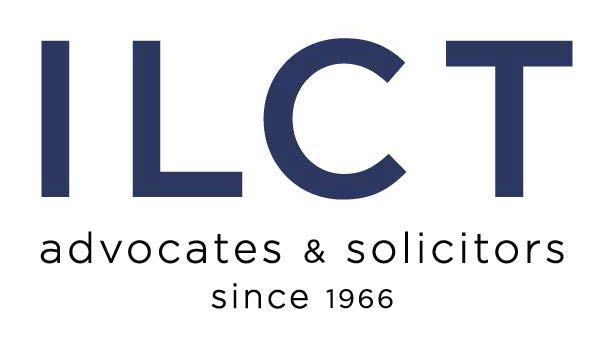Operation Procedure for Green Energy and Green Technology in Thailand
Renewable energy (aka “Green energy”) is an energy that can be produced from natural sources. Unlike non-renewable energy (e.g. fossil fuels), green energy will naturally replenish overtime, as well as, produce relatively low level of greenhouse gases with less environmental impact. Common examples of green energy sources are: solar, wind, hydro and geothermal.
This article outlines a few Q&A’s for green energy providers, producers and developers covering basic operational procedures in Thailand, such as; importation, contracts, insurance and patent protection.
1). Is there any certification needed for green energy related technology or product?
As green energy related products may be considered as industrial products, the importers should check whether their products are officially listed as such. Listed industrial products must comply with the Thai Industrial Product Standards Act (“IPS”) and Ministerial Regulation to conform with the prescribed standard to be allowed for sale in Thailand.
Product details must be presented to the competent officials in order to obtain a license from the Thai Industrial Standards Institute (“TISI”). Once a license is received, the product is then able to clear Thai customs. The standard label must also appear on the products. Lastly, due to the constant changes to the list of products subject to IPS, importers should regularly check the list before importing a particular product.
2). What are the key points on liability, performance and warranties for green energy- related technology or product?
In general, Thai law allows foreign law to govern the contract so long as such foreign law does not contravene Thai public order or good morals. Under Thai law (unless the contract provides otherwise), the seller will be held responsible if the product sold is defective or not functioning as intended. The liability for third party injury is governed by the provisions of wrongful act (tort).
3). Are there any nuances to expect in a contract with a Thai firm in regard to insurance?
There is no special concern in contracting with a Thai firm, except that local insurance policies must conform with the format prescribed by the Thai Insurance Commissioner. Foreign insurance firms operating in Thailand are also subject to the same regulations as Thai insurers.
4). What are the basic import duties and documentation for green energy- related technology or product?
Import duty rates are contained in the Customs Tariff Code which more or less follows the Brussels Nomenclature. List of import documentation in general includes import entry declaration form, bill of lading, invoice, packing list, import license (If any), certification of origin (for import duty reduction/exemption) and other necessary documents as may be required from time to time (e.g. product catalogue).
Companies may also apply for special privileges from the Board of Investment (BOI) for the installation of solar cells. The privileges comprise the exemption of corporate income tax for certain years and exemption of import duty.
5). As some companies may be owners of green technology related software rather than hardware, is there any patent protection in this regard?
Thai Patent Act Section 9(3) stipulates that a computer system or program (“software”) is not patentable. Despite section 9(3) restriction, it may be possible to patent a software-related invention. If the software-related invention shows sufficient “technical effects”, it will then be considered as an exception to section 9(3) and become patentable. Under the current practice, “technical effects” means that the software must be used together with a hardware resource and be able to yield technical results, not merely capable of processing raw data.
All in all, one should consult a patent attorney on this, related description and claims should be carefully analyzed along with an explanatory letter highlighting the technical effects of the invention. Under this method, it is possible to obtain a patent protection for one’s software-related invention.
Our society has been depending on energy for centuries, we use energy to power our houses, phones or businesses. This has led to an ever-increasing demand for energy. To ensure secured and sustainable sources of energy in the future, we must continue to develop new technology to support our energy needs and green energy could be one of the paths forward. The Q&A’s provided herein deal with some of the basic points to keep in mind when operating in Thailand. For more information, please contact: law@ilct.co.th.
By:
Chart Chotiphol
Counsel/Business Development

